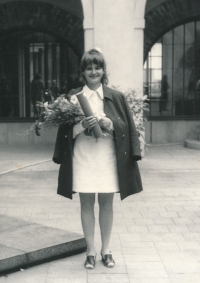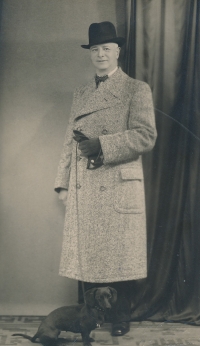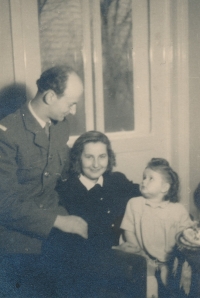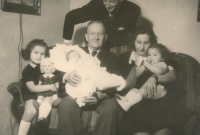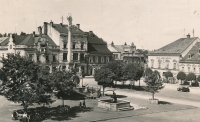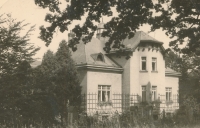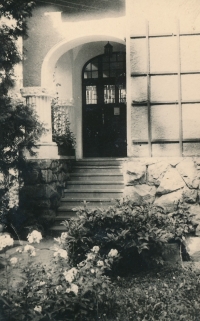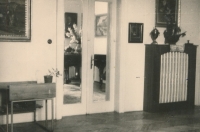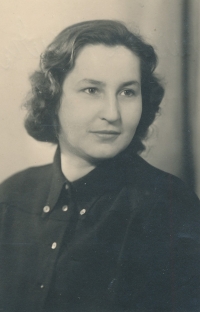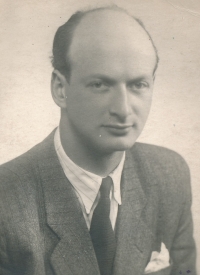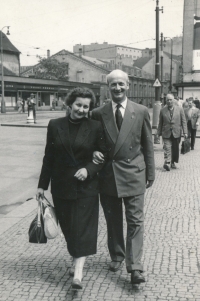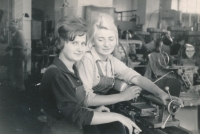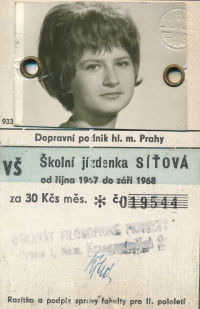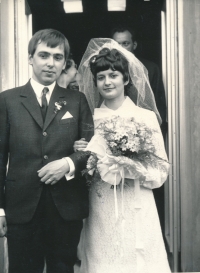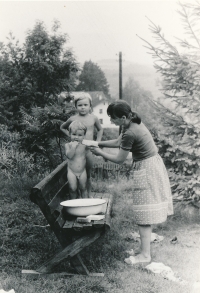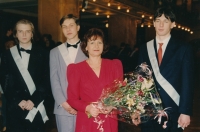Dad was hiding from the Nazis, I was born out of forbidden love
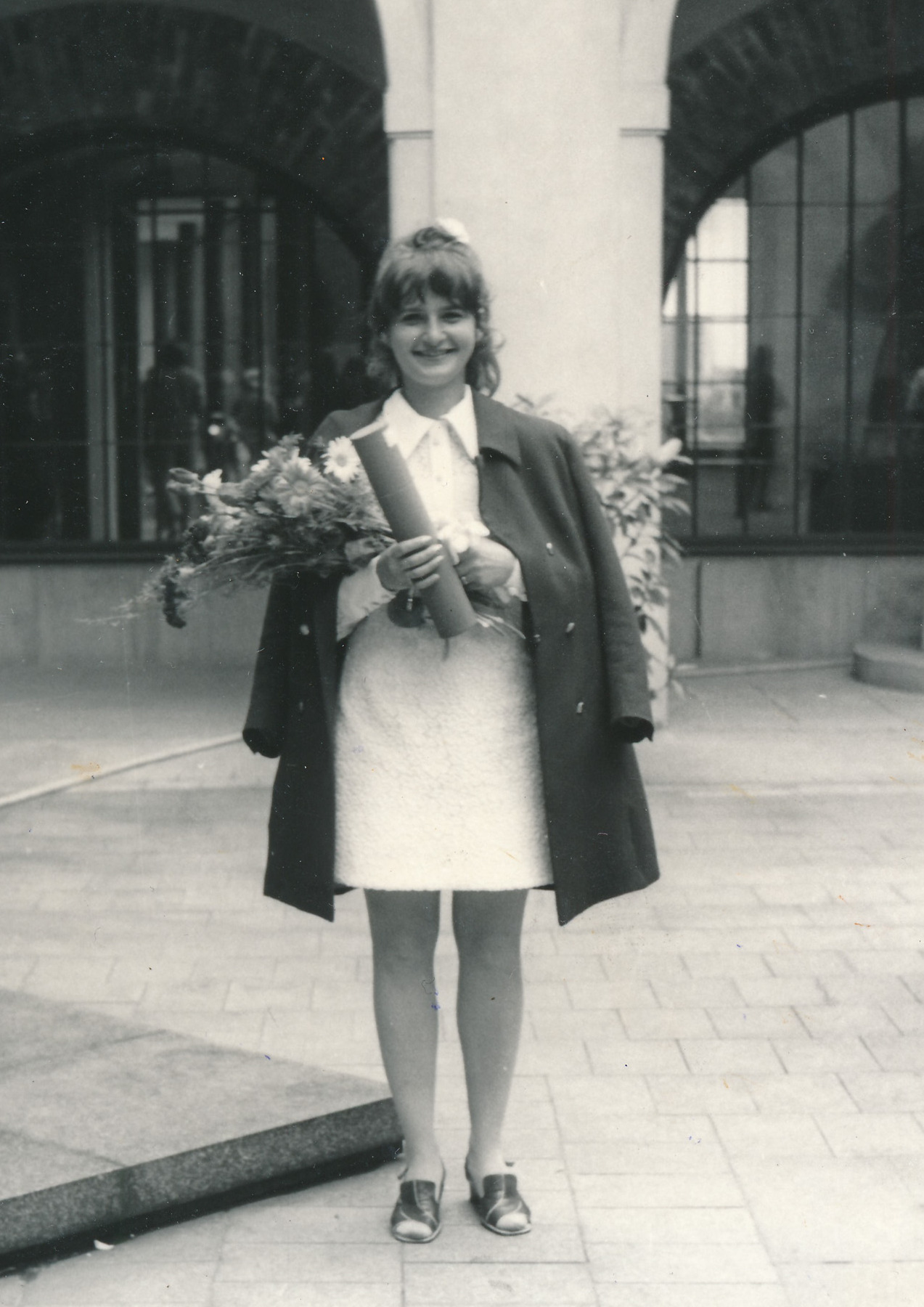
Download image
Hana Přikrylová, née Šustová, later Hostovská, was born on 28 November 1944 in Prague. Her father Jan Hostovský came from a Jewish family from Žamberk. During the World War II he was briefly imprisoned in the Terezín Small Fortress on suspicion of resistance activities. After his release, he was sent to forced labour in the forest and on the construction of a German factory in Plotiště. He was summoned to a transport to Terezín, which he did not join. He faked his death by drowning and hid on the farm of the Kytlic family in the village of Kněžství. Her mother, Hana Šustová, was working as a nurse in a lung sanatorium in Žamberk at the time. She met Jan Hostovský in 1942 and a year later, after she had also sheltered him for several weeks, she secretly married him. After the end of World War II, the couple made their marriage legal. After 1948, the Communists stripped the family of all their property, leaving only debts. At the beginning of the 1950s, the Hostovský family moved to Prague, where the witness graduated from the grammar school and then from the Faculty of Arts of Charles University (FF UK), majoring in Czech language and history. In 1967, hoping for a possible reform of the socialist system, she joined the Communist Party of Czechoslovakia (KSČ). In the spring of 1968 she married Jan Přikryl, with whom she raised three children. After the invasion of Warsaw Pact troops in August 1968 and the political background checks that took place at the beginning of the normalisation, she left the Communist Party. She devoted her whole life to the teaching profession. At the time of the recording in 2024, she was living in Prague.
